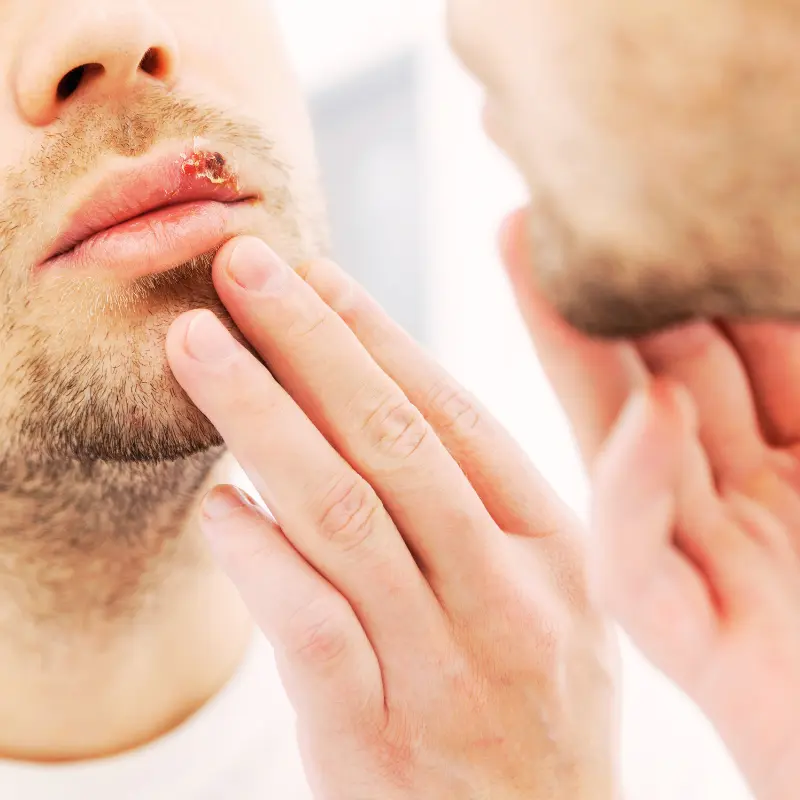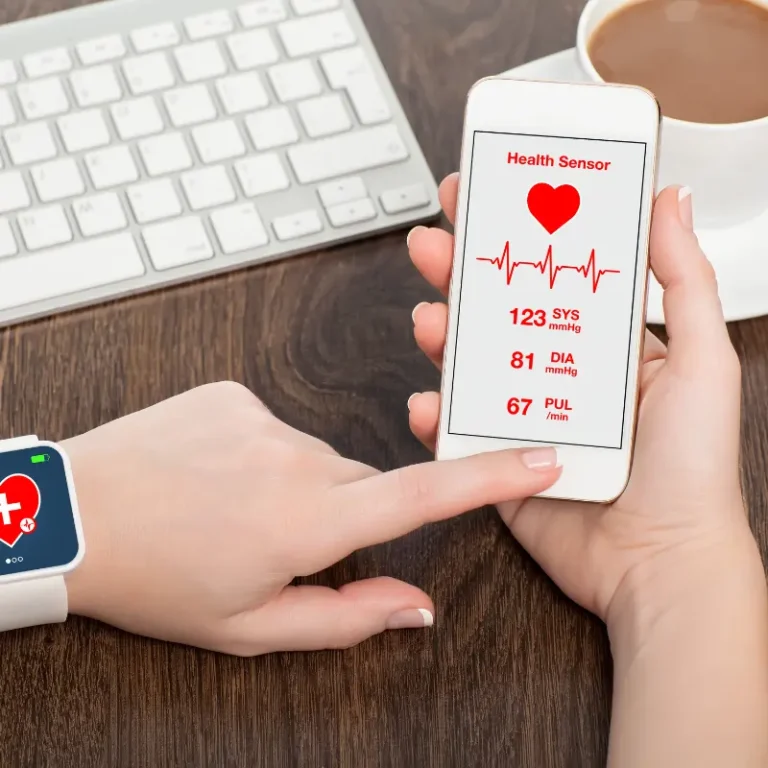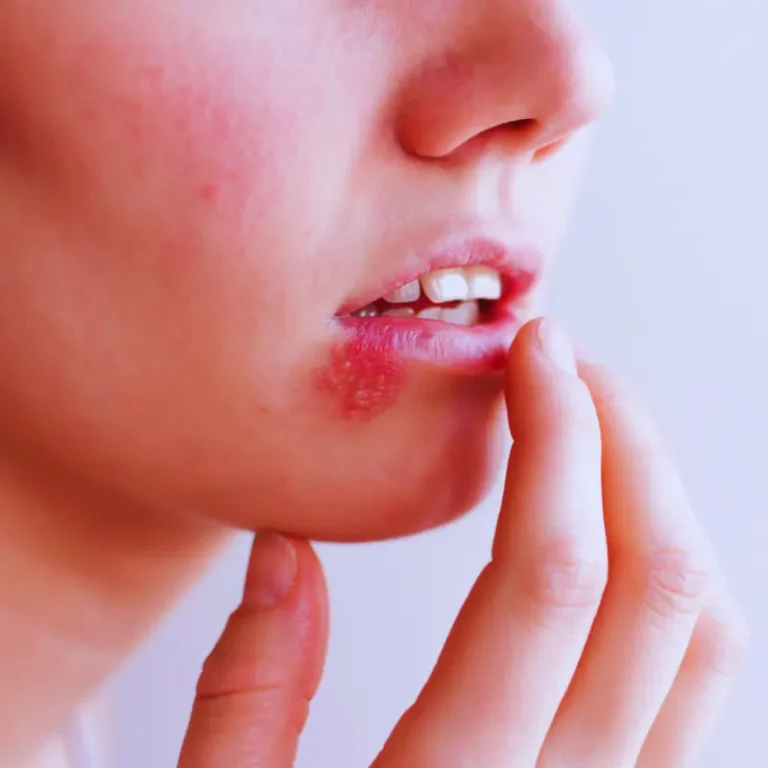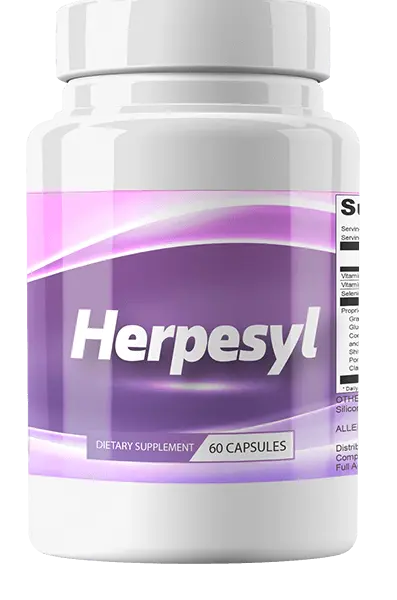Why It’s Crucial Not to Pick at a Herpes Sore
When you notice a herpes sore, it’s natural to feel uncomfortable and want to touch or even pick at it. However, it’s incredibly important to resist that urge, as doing so can lead to more harm than good. Here’s why:
1. Risk of Spreading the Infection
Herpes sores are filled with fluid that contains the herpes simplex virus (HSV). When you touch or pick at a sore, you risk spreading the virus to other parts of your body. This can lead to autoinoculation, where the virus infects new areas, such as your eyes (herpes keratitis) or other parts of your skin. The virus can also be easily transferred to others if you touch them after touching a sore.
2. Prolonging the Healing Process
Your body needs time to heal naturally. When you pick at a sore, you disrupt the healing process, which can cause the sore to remain open longer, increase the risk of infection from bacteria, and potentially lead to scarring. Allowing the sore to heal on its own is the best way to ensure it resolves as quickly as possible.
3. Increasing the Risk of Secondary Infections
Opening a herpes sore by picking at it can expose the area to bacteria, increasing the risk of a secondary bacterial infection. This can make the sore more painful, lead to additional complications, and require treatment beyond the usual antiviral medications used to manage herpes outbreaks.
4. Emotional and Mental Well-being
It’s understandable that having a herpes outbreak can be distressing. However, picking at a sore might also reflect anxiety or stress about the condition. It’s important to care for your mental and emotional health by practicing self-compassion and seeking support if needed. Remember, herpes is a common condition, and you’re not alone.
Tips for Managing the Urge to Pick
- Keep the area clean and dry: Use a gentle cleanser and pat the area dry. Avoid using harsh soaps or scrubbing the sore.
- Cover the sore: If you’re tempted to touch the sore, consider covering it with a bandage to minimize contact.
- Distract yourself: If you feel the urge to touch or pick, find something else to do with your hands, like squeezing a stress ball.
- Incorporate natural supplements: Certain natural supplements, (such as Herpesyl), have been shown to support the immune system and may help reduce the severity and duration of herpes outbreaks. These supplements can soothe the affected area and help you resist the urge to pick by promoting faster healing and reducing discomfort. Always consult with a healthcare provider before starting any supplement to ensure it’s safe and effective for your specific needs.
Caring for a herpes sore with patience and caution is crucial for your health and well-being. By avoiding the urge to pick, you protect yourself from spreading the infection, prolonging the healing process, and risking additional complications. Remember, taking care of yourself during an outbreak is an act of self-compassion and strength.
For those living with herpes, understanding the importance of proper care can make a significant difference in managing the condition effectively and minimizing its impact on your life. Always consult a healthcare provider for personalized advice on managing herpes and maintaining overall health.






